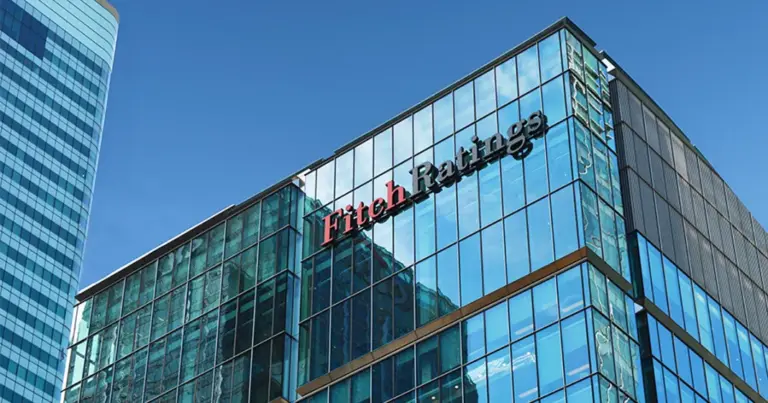Fitch Ratings has upgraded Nigeria’s credit rating to B, maintaining the country’s position in the speculative-grade category. The upgrade reflects improved confidence in the government’s commitment to reforms, which have significantly reduced near-term risks to the country’s macroeconomic stability.
Fitch stated that the upgrade was based on the government’s robust commitment to policy reforms introduced since the adoption of more orthodox economic policies in June 2023. These measures include the liberalization of the exchange rate, monetary policy tightening, and the removal of fuel subsidies, which were seen as major steps in stabilizing Nigeria’s economy.
“The upgrade reflects increased confidence in the government’s broad commitment to policy reforms,” said Fitch in a statement released on Friday.
A Steady Path Toward Economic Stability
In May, Fitch had already moved Nigeria’s credit outlook from stable to positive, highlighting the government’s successful efforts to restore economic stability. However, the long-term foreign currency debt rating was left unchanged at B-.
Under President Bola Tinubu, Nigeria has implemented significant policy changes, including the phasing out of fuel subsidies and allowing the naira to trade more freely on the foreign exchange market. These reforms, though welcomed by international observers like the World Bank, have sparked domestic challenges, including a rise in inflation.
Economic Pressures Amid Falling Oil Prices
The upgrade comes at a time when Nigeria is facing budgetary strains due to a dip in global oil prices, which have a major impact on the country’s economy. Oil is a key source of revenue, accounting for around 50% of the federal budget and providing the bulk of foreign exchange earnings. Despite the budget assuming oil prices of $75 per barrel, the price has recently fallen to $63 per barrel, exacerbated by fears of a global economic slowdown triggered by US President Donald Trump’s trade policies.

